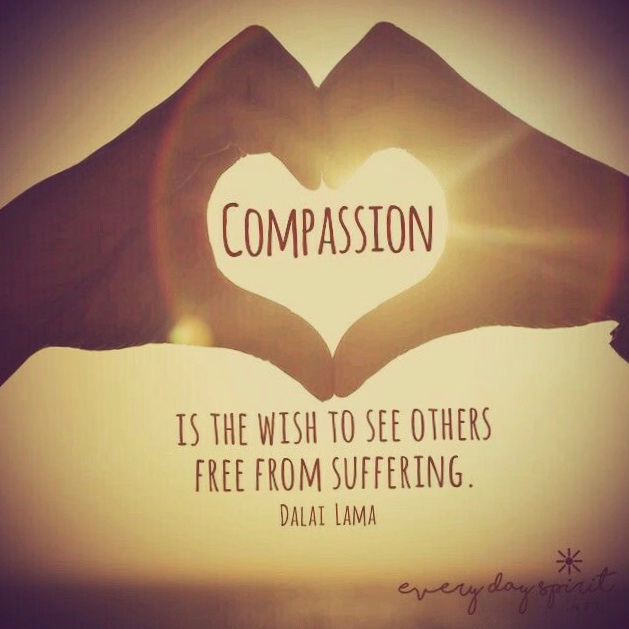
https://extension.umn.edu/bullying-and-violence/bullying-big-problem-big-consequences
Psychology Today defines bullying as "a distinctive pattern of repeatedly and deliberately harming and humiliating others, specifically those who are smaller, weaker, younger, or in any way more vulnerable than the [perpetrator.]" The deliberate targeting of those with lesser power is what distinguishes bullying from typical aggression.
Bullying can involve verbal attacks, such as name-calling and making fun of others, as well as physical altercations, threats of harm, other forms of intimidation, and deliberate exclusion from activities. Studies show that bullying peaks around ages 11 to 13 and decreases as children mature. Overt physical aggression such as kicking, hitting, and shoving is most common among younger children; relational aggression--damaging or manipulating the relationships of others, such as spreading rumors, and social exclusion--is more common as children grow older.
Bullying is a learned behavior and it begins at an early age. If the normal aggression of two-year-olds isn't corrected consistently, children fail to learn internal restraint against those behaviors. People bully because it can be an effective way of getting what they want (at least in the short term). Bullying also is a way of establishing social dominance.
Why do they do what they do? There are two schools of thought regarding the psychological makeup of perpetrators.
First, there's a belief that perpetrators lack prosocial behavior, are untroubled by anxiety, and lack empathy. They exhibit a distinctive cognitive feature that resembles paranoia: They misread the intentions of others, often exhibiting hostile behavior in neutral situations. Others may not like them, but they typically have a positive self-view. It's believed that chronic perpetrators tend to have strained relationships with their parents and peers.
The second view of what makes perpetrators tick (and the one to which I espouse) involves under-developed or undeveloped social skills and learned behaviors that get their needs met.
 |
| https://genmindful.com/blogs/mindful-moments/three-ways-to-love-a-bully |
Research supporting this states that people who are aggressive, oppositional, or otherwise behave in difficult ways are actually doing the best they can with the skills they have. There's also evidence that there's a lot more going on beneath that seemingly-hardened exterior.
Let's face it: all of us would like to have social status and attention. Perpetrators lack the skills they would need to attain positive status and attention in adaptive ways--skills like emotion regulation, self-regulation, communication skills, and social thinking. And through this learned behavior--possibly from witnessing aggression or violence at home, in video games, or in the media--they seek notoriety in ways that are harmful to others...because they know no other way to do it. Students who bully would like to avoid detention and suspension, and they would if they could. Unfortunately, detention and suspension don't teach positive and socially-acceptable skills, so the perpetrator returns to school with the same skills set they had before they were disciplined and the behavior continues.
I also suspect that trauma is a common factor in bullying behaviors. The perpetrator knows no other way to manage the fear, shame, and pain they feel from experiencing a traumatic event, so they focus on inflicting intentional hurt onto someone else who's done nothing to instigate or cause the bullying. They want others to feel as badly as they do. They target people with kind hearts, who are well-liked, and are successful…all the things they believe they are not.
Bullying is a difficult concept for many of us to understand--except if you're a person who used to bully or have been on the receiving end of those behaviors.
Question: Where do you stand on why people bully others? Which school of thought makes the most sense to you, or do you have other ideas of why some people behave this way?









